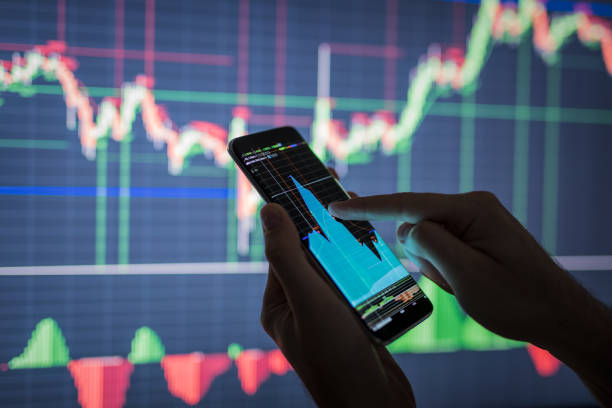The Ethical Considerations of Using Forex Robots

In the realm of forex trading, the advent of automated systems, commonly known as forex robots, has revolutionized the way trades are executed in the market. While these robots offer numerous benefits such as speed, efficiency, and 24/7 availability, their use also raises ethical considerations that traders must grapple with. In this article, we delve into the ethical implications of using forex robots and explore the ethical considerations that traders should take into account.
Understanding Forex Robots
forex robot, also known as expert advisors (EAs), are software programs designed to analyze market data, identify trading opportunities, and execute trades automatically on behalf of traders. These algorithms are based on predefined criteria, such as technical indicators, price action patterns, or fundamental analysis, which dictate when to enter or exit trades.
The Promise of Forex Robots:
Forex robots promise to revolutionize trading by eliminating human emotions, executing trades swiftly, and operating round the clock without rest. They offer traders the potential to capitalize on market opportunities with greater speed and efficiency, thereby maximizing profits and minimizing losses.
Ethical Considerations:
- Unfair Advantage: One ethical consideration surrounding the use of forex robots is the question of whether they provide traders with an unfair advantage over those who rely solely on manual trading strategies. Forex robots, powered by advanced algorithms and high-speed execution, can execute trades faster and more efficiently than human traders. This raises concerns about market fairness and whether traders using forex robots have an unfair advantage over those who do not.
- Market Manipulation: Another ethical concern is the potential for market manipulation by traders using forex robots. While these automated systems operate based on predefined criteria and market conditions, there is a risk that unscrupulous traders may manipulate the algorithms or engage in unethical practices to influence market prices for their benefit. This can distort market dynamics and undermine market integrity, harming other market participants and investors.
- Impact on Employment: The widespread adoption of forex robots and automated trading systems may have implications for employment in the financial industry. As trading becomes increasingly automated, there is a concern that jobs traditionally held by human traders may be displaced, leading to unemployment or job insecurity for those working in the industry. This raises ethical questions about the social and economic impact of technological advancements in trading.
- Transparency and Accountability: Transparency and accountability are essential ethical considerations in the use of forex robots. Traders must ensure that their automated trading systems operate transparently and adhere to ethical standards and regulatory requirements. This includes providing clear information about the trading strategy, risk management practices, and performance metrics of the forex robot. Moreover, traders using forex robots must take responsibility for the actions of their automated systems and be held accountable for any unethical behavior or market manipulation.
Ethical Guidelines for Using Forex Robots
While the use of forex robots raises ethical considerations, traders can adopt ethical guidelines to ensure responsible and ethical trading practices:
1. Transparency:
Traders should be transparent about the use of forex robots and disclose relevant information about their automated trading systems to clients, regulators, and other market participants. This includes providing clear explanations of the trading strategy, risk management practices, and performance metrics of the forex robot.
2. Compliance with Regulations:
Traders must ensure that their automated trading systems comply with applicable regulations and ethical standards governing financial markets. This includes adhering to regulatory requirements related to algorithmic trading, market manipulation, and fair trading practices.
3. Ethical Decision-Making:
Traders should exercise ethical decision-making when using forex robots and avoid engaging in unethical practices such as market manipulation, insider trading, or exploiting market vulnerabilities for personal gain. This includes considering the potential impact of their trading activities on market integrity, fairness, and the interests of other market participants.
4. Continuous Monitoring and Oversight:
Traders should continuously monitor and oversee the operation of their automated trading systems to ensure compliance with ethical standards and regulatory requirements. This includes conducting regular reviews of the forex robot’s performance, assessing its impact on market dynamics, and taking corrective action if necessary to address any ethical concerns or issues.
Conclusion
The use of forex robots in trading offers numerous benefits, but it also raises ethical considerations that traders must navigate responsibly. From concerns about market fairness and manipulation to the impact on employment and the need for transparency and accountability, ethical considerations play a crucial role in the adoption and use of automated trading systems. By adhering to ethical guidelines, promoting transparency, and exercising responsible decision-making, traders can ensure that the use of forex robots contributes to fair, transparent, and ethical trading practices in the forex


